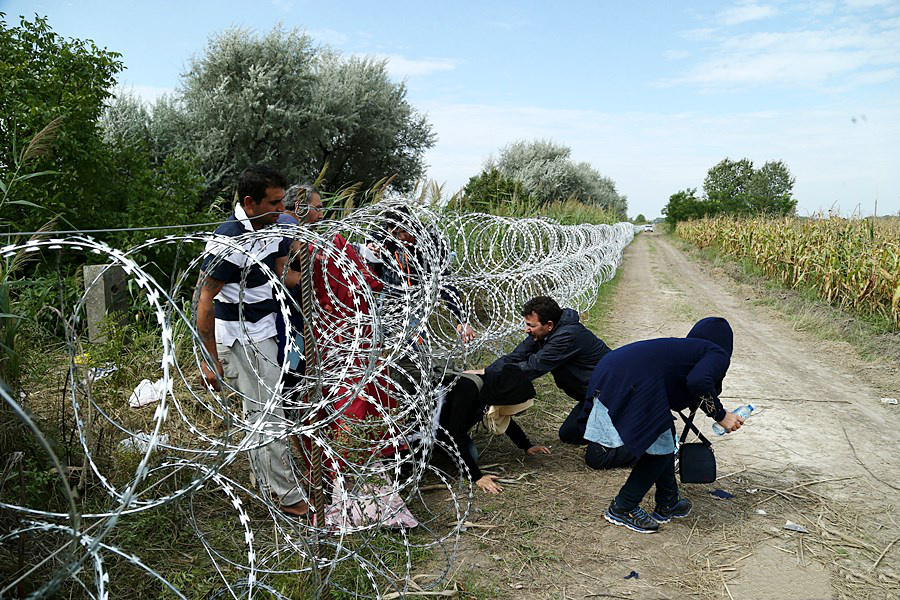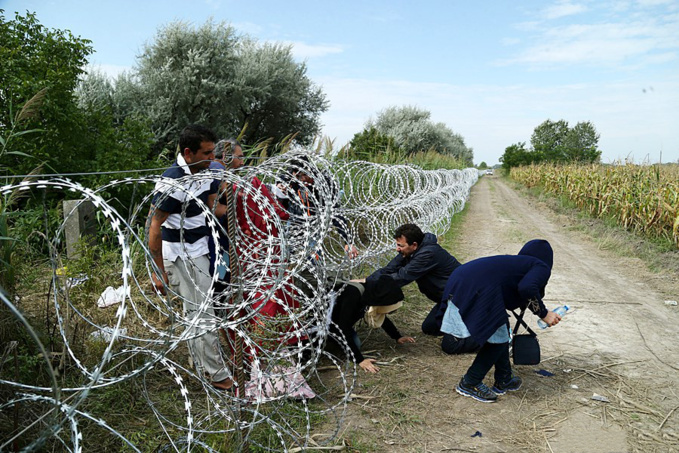President of the European Commission Ursula von der Leyen spoke about the forthcoming reform of migration policy a week ago in her message to the MEPs. The European Union still does not have a formally uniform systemic policy in this area. European institutions can propose certain general measures and even insist on them, but it is far from always possible to agree on these requirements between all countries, and something remains unaccepted, and something stalled in practice.
One of the legal mechanisms that have so far governed the EU's response to forced migration to member states has been the so-called Dublin System, first approved in 1990. Proposals to revise this system have been heard for several years, but now the European Commission is assuring that it will be canceled.
Meanwhile, the Dublin Agreements contain an extensive list of criteria by which it is determined which state is responsible for considering asylum applications.
The most important point is about the first border crossing: in other words, the problem of refugees in most cases should be solved by those EU countries that were the first on their way.
Mrs. von der Leyen mentioned the “humanistic” approach, tough measures against the organizers of illegal migration, strengthening of the external borders of the EU and cooperation with third countries.
However, all these areas of work of the EU countries have already tried to intensify in recent years. According to Reuters, solidarity in accepting refugees will become mandatory - in exchange for EU funding of € 10,000 per adult. In any case, the question of refusing to accept migrants is not worth it - rather, Brussels intends to suggest how to deal with the consequences of a problem that cannot be solved.
source: ec.europa.eu
One of the legal mechanisms that have so far governed the EU's response to forced migration to member states has been the so-called Dublin System, first approved in 1990. Proposals to revise this system have been heard for several years, but now the European Commission is assuring that it will be canceled.
Meanwhile, the Dublin Agreements contain an extensive list of criteria by which it is determined which state is responsible for considering asylum applications.
The most important point is about the first border crossing: in other words, the problem of refugees in most cases should be solved by those EU countries that were the first on their way.
Mrs. von der Leyen mentioned the “humanistic” approach, tough measures against the organizers of illegal migration, strengthening of the external borders of the EU and cooperation with third countries.
However, all these areas of work of the EU countries have already tried to intensify in recent years. According to Reuters, solidarity in accepting refugees will become mandatory - in exchange for EU funding of € 10,000 per adult. In any case, the question of refusing to accept migrants is not worth it - rather, Brussels intends to suggest how to deal with the consequences of a problem that cannot be solved.
source: ec.europa.eu



















